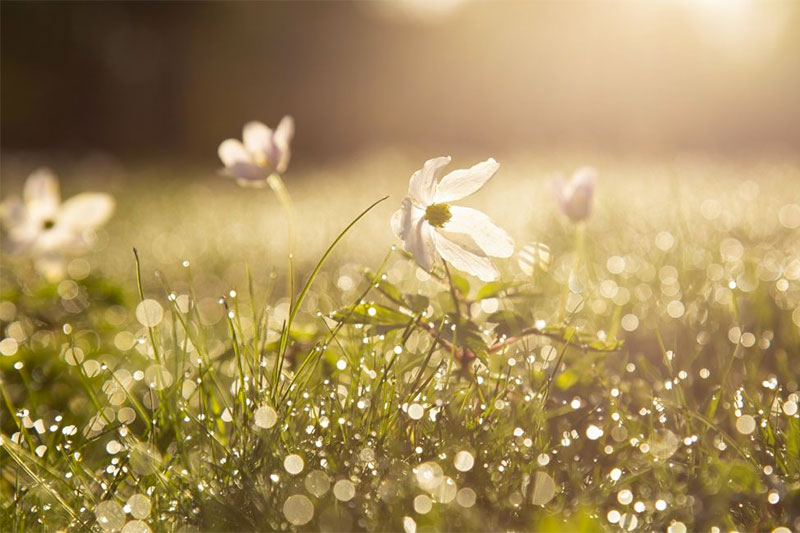With the exception of some ethnic minorities, traditional burials in China are generally buried or cremated. Most urban areas are now cremated to bid farewell to their deceased loved ones, while in the countryside, burial is still very popular, the public believe that the deceased should be preserved. Now take you to understand the funeral culture of Guangdong people!
Send it to the end
The sick are elders, and on the occasion of their death, all children and grandchildren in the family have to wait for their beds to be “sent to their deaths”. After death, that is, in front of his bed to light candles, paper money, and at the end of the bed lit a long bright lamp (peanut oil or kerosene as fuel), put a black umbrella, to the deceased two hands each place a rice ball, meaning that the deceased safely on the road to Yin Caodifu.
Reported the loss
By the son to the uncle’s family funeral, the funeral filial son to wear filial piety, saddle, see the recipient to kneel, to the other side sobbing about the funeral period, the cause of death, funeral date after leaving, a moment can not stay.
Into the ring
By the bereavement of parents take Xinwa Fort to lead the whole family relatives to the front of the water stream or pond near the water (referred to as “buy water” to the king of the water dragon), for the deceased shower, grooming, change clothes. The number of shirts and trousers is 3to5 pieces, many coffins to accompany the burial. Clothes worn do not button (there are buttons to be cut off). Some mountain customs put omelettes in the mouths of the dead, while the northern part of the county was mostly placed in the mouths of hard coins (meaning that their children were filial).
The coffins of the deceased are then carried to open spaces outside the door (town neighbourhoods and some of the people of the continent and white-shattered areas are used to parking their coffins in the halls of the house). To the funeral day, morning and evening by the bereavement of large and small people, such as food, incense, kneeling and crying for sacrifice. The bedboards and stools used by the deceased were thrown into ponds or puddles.
Funeral
The village does not have a family name, and all families send people to attend the funeral. Before burial, generally ask the Taoist to do Taoism, for the dead soul super. Some rich people are more careful, ask the Taoist “read the Bible”, “fasting”1-3 days. The deceased’s female relatives came to mourn, the main members of the family to wear filial piety clothing, holding filial piety sticks out of the door kneeling to greet each other, waiting for relatives to press on each person’s back (to show sympathy and comfort) before getting up. When the funeral, the gong opened, the Taoist bragged, its voice poignant. Carrying the coffin up the mountain, the bereavement of men and women wearing filial piety sticks sad and crying with the funeral, along the way to fire guns, paper money, grain shell, commonly known as “road money”, to make a secret capital. The rest of the mourners were given a white cloth strip by the main family, men tied left arm, women tied forehead, sent to the middle, can return, bereavement relatives to be sent directly to the grave, to be buried after the earth can return. The funeral-taker went back to the main house for a meal, and the host’s son thanked them for their gratitude. The next day the grave was returned, the grave was trimmed and then sacrificed.
Anning
After the main family completed the burial, the hall in the main house hall, early evening incense, from the day of the spirit, every seven days burning paper sacrifice, “three seven” and “five seven” asked taoists to do Taoist, full seven seven (four) Nineteen days) and then asked the Taoists to do the Taoist, the church all moved to the door to burn, the deceased’s living utensils and clothing, useless burning, useful in the spirit of the “flame” thrown over, referred to as “over the river of fire.” The main size of the filial piety, updated clothes, the woman’s red head rope, and prepared red dates, cake food, fruit, by the Taoist will be the deceased “soul” into the throne, referred to as “Zuxian.” At this point, the funeral is over.
Some older people died, said to be “good life”, some mourners, like to take a funeral day used to use the rice bowl home, is said to be able to extend the life. Ming and Qing period, after the loss of parents, three years of guarding, name Ding worry, there are officials to leave office, Confucian students are not allowed to go to the examination, the door does not stick red paper to the joint, do not do wedding happy things, clothes are not gorgeous, not far travel, the meaning of the guard system, also known as filial piety.
Today, the old funeral customs have been gradually simplified or diluted, especially after the 1970s, the rise of memorial services, relatives and friends sent ties, wreaths and other places on both sides of the memorial hall, the venue is hanging the portrait of the deceased, by the host read a eulogy to pay tribute. But there are still some parts of our country that still hold funeral ceremonies in accordance with the old customs.


 WhatsApp us
WhatsApp us